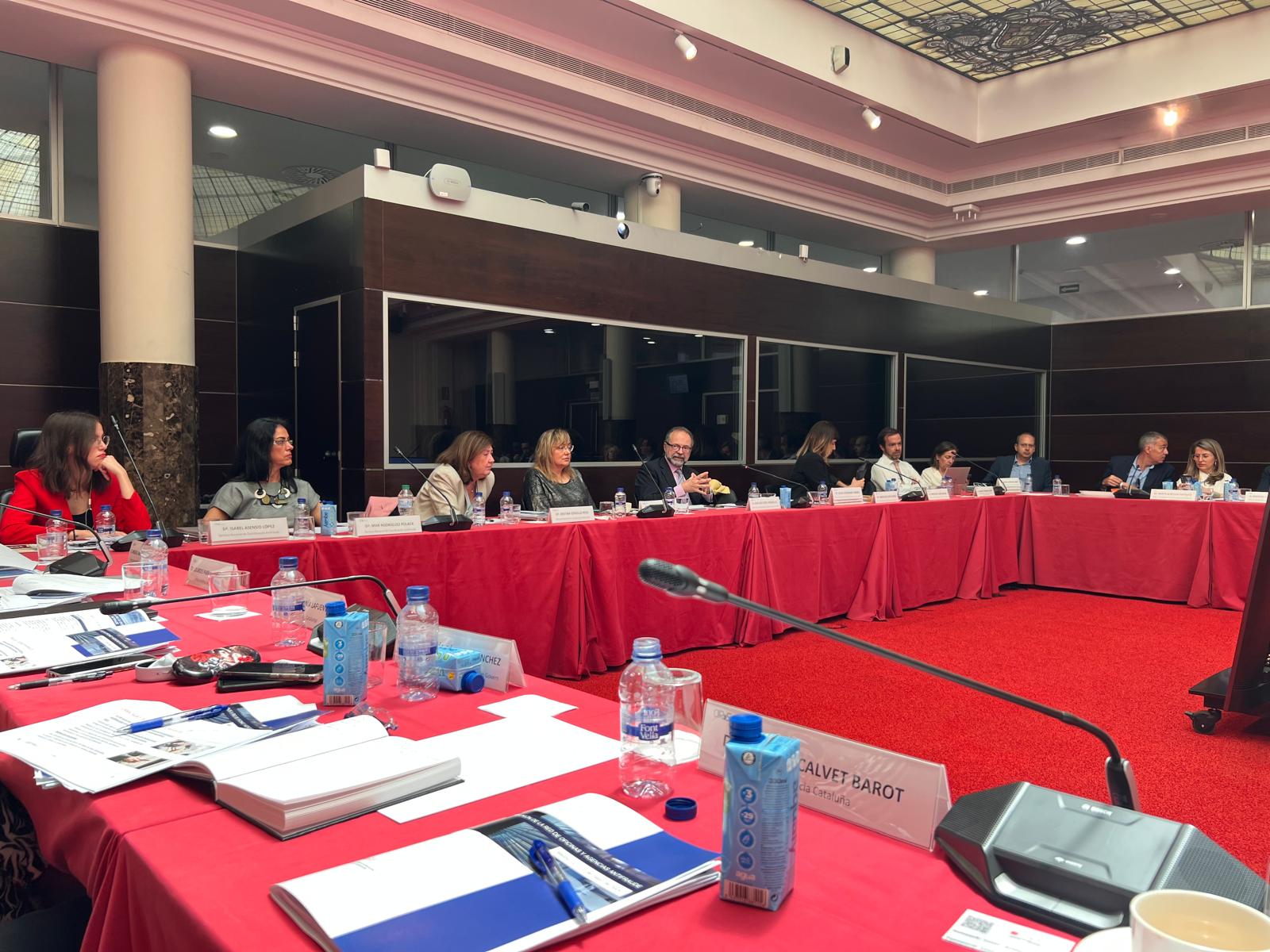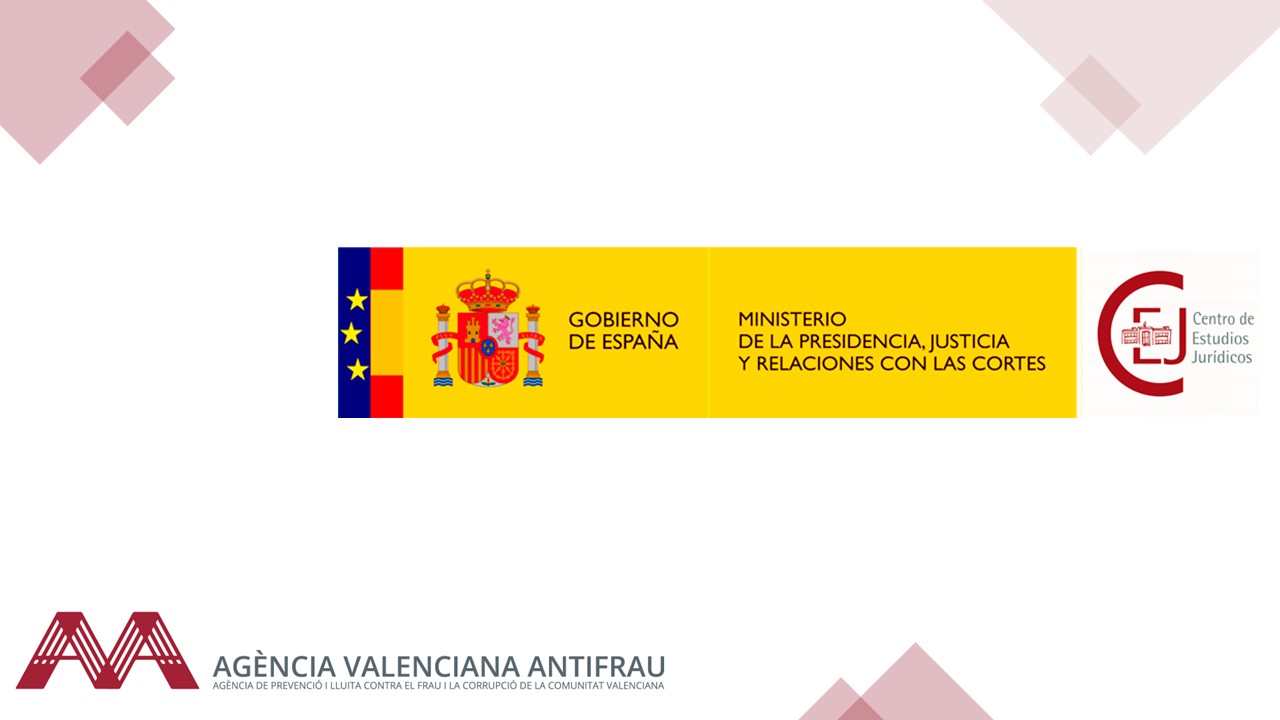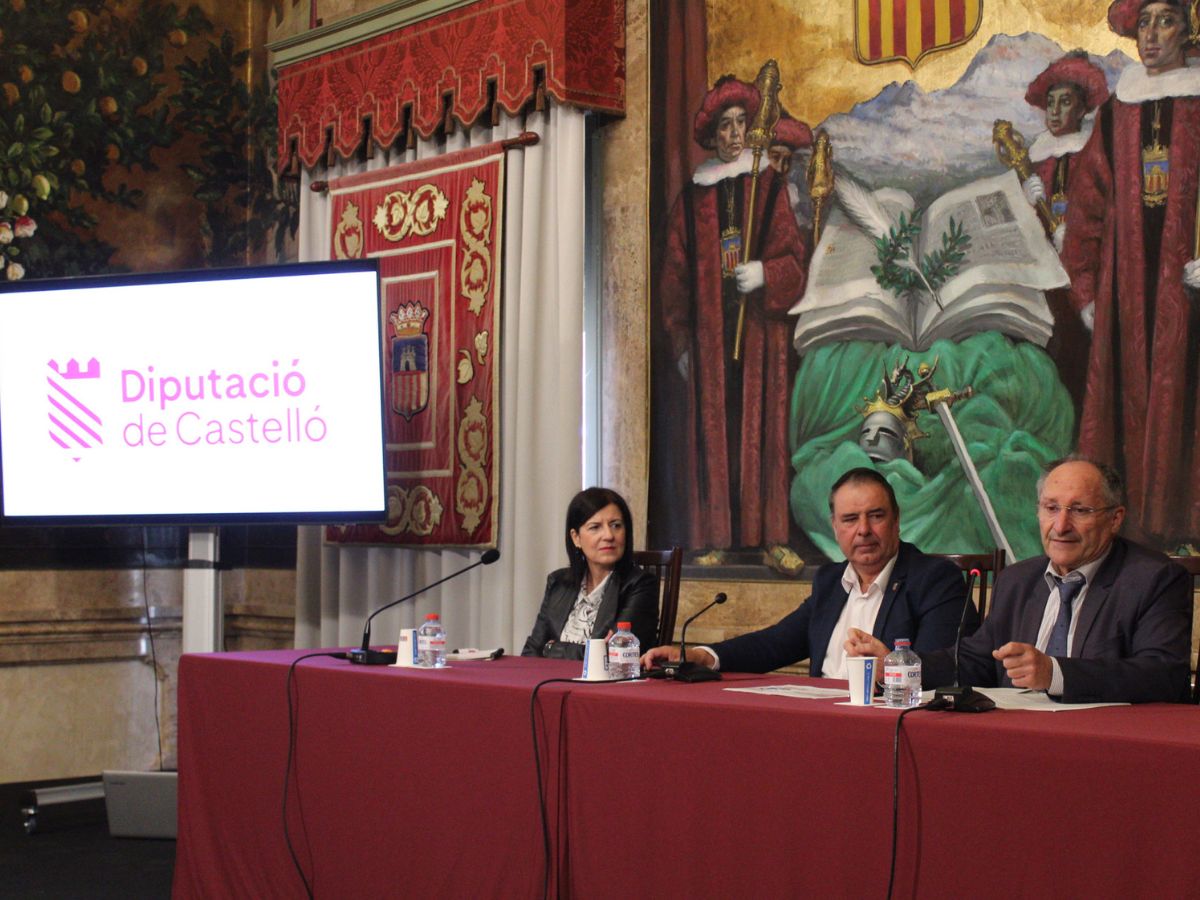Madrid, 25 May 2024.- On 23 and 24 May, the XIV Meeting of the Anti-Fraud Offices and Agency constituted as a State Network took place in Madrid. The meeting began with a presentation by the President of OIReScon, María Luisa Araújo Chamorro, followed by a presentation of the work carried out by the National Anti-Fraud Coordination Service by Sofía Viñayo, Deputy Deputy Director General of the SNCA.
During the first day, different presentations were also made, such as that of the European Public Prosecutor’s Office by Olga Muñoz Mota, European Deputy Prosecutor, and that of the National Commission on Markets and Competition, which dealt with the collaboration channels of competition whistleblowers and collusion detection tools. The presentation was given by Juan José Pérez, Head of Area of the Economic Intelligence Unit of the CNMC’s Competition Division.
For its part, the Independent Office for the Regulation and Supervision of Procurement addressed in its presentation the potential of open data in public procurement in the fight against fraud. In this case, the presentation was given by Alberto Blanco Calvo, Technical Advisor of OIReScon.
The Andalusian Office against Fraud and Corruption made a proposal for a data structure in compliance with the interoperability principles defined by the European Interoperability Framework of 2017 for consideration by the entities participating in the network of Anti-Fraud Offices and Agencies.
On the second day, the Secretary of State for Public Service made a presentation on the Integrity System of the General State Administration (SIAGE) which was attended by Adolfo Ortega, Inspector General of Services and Miguel Ángel de Lera, Inspector General of Services of the Directorate General of Public Governance.
The Technical Secretary General of the Ministry of Health, Jacobo Fernández, presented the Anti-Fraud Observatory of the Ministry of Health.
The meeting in Madrid was attended by representatives of the Anti-Fraud Office of Catalonia, the Agency for the Prevention and Fight against Fraud and Corruption of the Valencian Community, the Office for Transparency and Good Practices of the Barcelona City Council, the Municipal Office against Fraud and Corruption of the Madrid City Council, the Canary Islands Court of Accounts, the Office of Good Practices and Anti-Corruption of the Autonomous Community of Navarre, the Galician Council of Accountants, the National Anti-Fraud Coordination Service of the General Intervention of the State Administration (SNCA), the Independent Office for the Regulation and Supervision of Procurement of the Ministry of Finance and Public Function (ORIESCON), the National Commission on Markets and Competition (CNMC), the Court of Auditors, the Ministry of Health, the Directorate General for Public Governance and a representation of the Balearic Islands.




